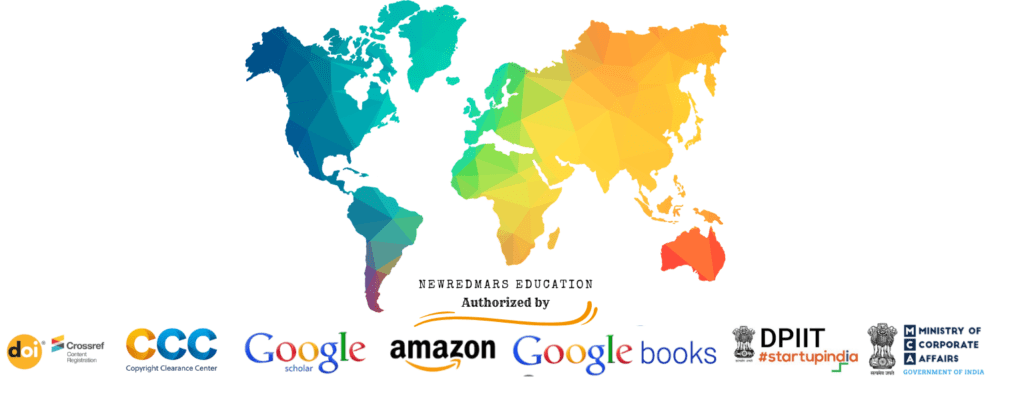
Introduction
Micro, Small, and Medium Enterprises (MSMEs) play a crucial role in the economic development of Odisha, contributing significantly to employment, income generation, and regional development. However, the reliance of these enterprises on conventional energy sources presents both environmental and economic challenges. Accelerating the adoption of clean energy among MSMEs in Odisha can offer substantial benefits, including reduced operational costs, enhanced energy security, and minimized environmental impact. This article explores the strategies and initiatives necessary to foster clean energy adoption among MSMEs in Odisha.
Definition of Clean Energy
Clean energy refers to energy sources that produce minimal or no pollution and have a low impact on the environment. Unlike fossil fuels, which emit significant amounts of greenhouse gases and other pollutants, clean energy sources harness natural processes to generate power. Examples of clean energy include:
Add Your Heading Text Here
- Solar Energy: Captured through solar panels, this energy comes from the sun and can be used for electricity generation and heating.
- Wind Energy: Generated by wind turbines that convert the kinetic energy of wind into electricity.
- Hydropower: Produced by harnessing the energy of flowing or falling water to generate electricity.
- Geothermal Energy: Comes from the heat stored beneath the Earth’s surface, which can be used for electricity generation and direct heating applications.
- Biomass Energy: Derived from organic materials, such as plant and animal waste, which can be converted into biofuels or used directly for heat and power.
The Current Energy Landscape
Odisha’s MSME sector is diverse, encompassing industries such as textiles, food processing, metals, and handicrafts. These industries often rely on energy-intensive processes, predominantly fueled by non-renewable sources like coal and diesel. This not only contributes to high energy costs but also results in significant greenhouse gas emissions, adversely affecting the environment and public health.
The Potential of Clean Energy
Clean energy sources, such as solar, wind, and biomass, offer sustainable alternatives to conventional fuels. Solar power, in particular, presents a viable option for MSMEs in Odisha due to the state’s high solar irradiance levels. By transitioning to clean energy, MSMEs can reduce their dependency on grid power, mitigate the risks associated with power outages, and achieve substantial cost savings in the long run.
Strategies for Accelerating Clean Energy Adoption
1. Policy Support and Incentives:
- Subsidies and Tax Benefits: The state government can offer subsidies and tax incentives to MSMEs for installing renewable energy systems. This can significantly reduce the initial capital investment required for clean energy projects.
- Renewable Energy Purchase Obligations (RPOs): Mandating a certain percentage of energy consumption from renewable sources can drive MSMEs to adopt clean energy solutions.
2. Access to Finance:
- Low-interest Loans: Financial institutions can provide low-interest loans specifically for clean energy projects. This can make it easier for MSMEs to finance the transition to renewable energy.
- Green Bonds: Issuing green bonds can attract investment for large-scale clean energy projects, benefiting clusters of MSMEs.
3. Capacity Building and Awareness:
- Training Programs: Organizing workshops and training sessions on the benefits and implementation of clean energy technologies among MSME owners and managers.
- Success Stories: Showcasing successful case studies of MSMEs that have transitioned to clean energy can inspire others to follow suit.
4. Technical Support:
- Energy Audits: Conducting energy audits for MSMEs can help identify areas where energy efficiency can be improved and recommend suitable clean energy solutions.
- Consultancy Services: Providing access to consultancy services for the design, installation, and maintenance of renewable energy systems can support MSMEs throughout the transition process.
5. Collaborative Platforms:
- Industry Associations: Leveraging industry associations to create collaborative platforms where MSMEs can share knowledge, resources, and best practices related to clean energy adoption.
- Public-Private Partnerships: Encouraging public-private partnerships to facilitate the deployment of clean energy projects, combining government support with private sector expertise and investment.
Challenges and Solutions
While the benefits of clean energy adoption are clear, several challenges must be addressed:
- High Initial Costs: The initial investment for renewable energy systems can be high. Solutions include offering financial incentives, providing low-interest loans, and developing scalable financing models.
- Lack of Awareness: Many MSMEs may not be aware of the benefits and availability of clean energy technologies. Targeted awareness campaigns and capacity building programs can address this gap.
- Technical Barriers: MSMEs may lack the technical expertise to implement and maintain renewable energy systems. Establishing support centers and providing technical consultancy can mitigate this challenge.
Conclusion
Accelerating the adoption of clean energy among MSMEs in Odisha requires a multifaceted approach involving policy support, financial incentives, capacity building, technical assistance, and collaborative efforts. By creating an enabling environment for clean energy adoption, Odisha can not only enhance the competitivenenss of its MSME sector but also contribute to a sustainable and resilient energy future. The transition to clean energy is not just an economic imperative but also an environmental necessity, ensuring a healthier and more prosperous future for all.
********

About the Author:
Nihar Ranjan Acharya is a prolific writer and science communicator of Odisha, who is now working as the ‘Scientific Officer’ in Indian Climate Congress and serving as the Working Director of TRUST – a Science Lover Organization and he may be reached @ 8249775817 (Email: nihar.acharya1973@gmail.com)


